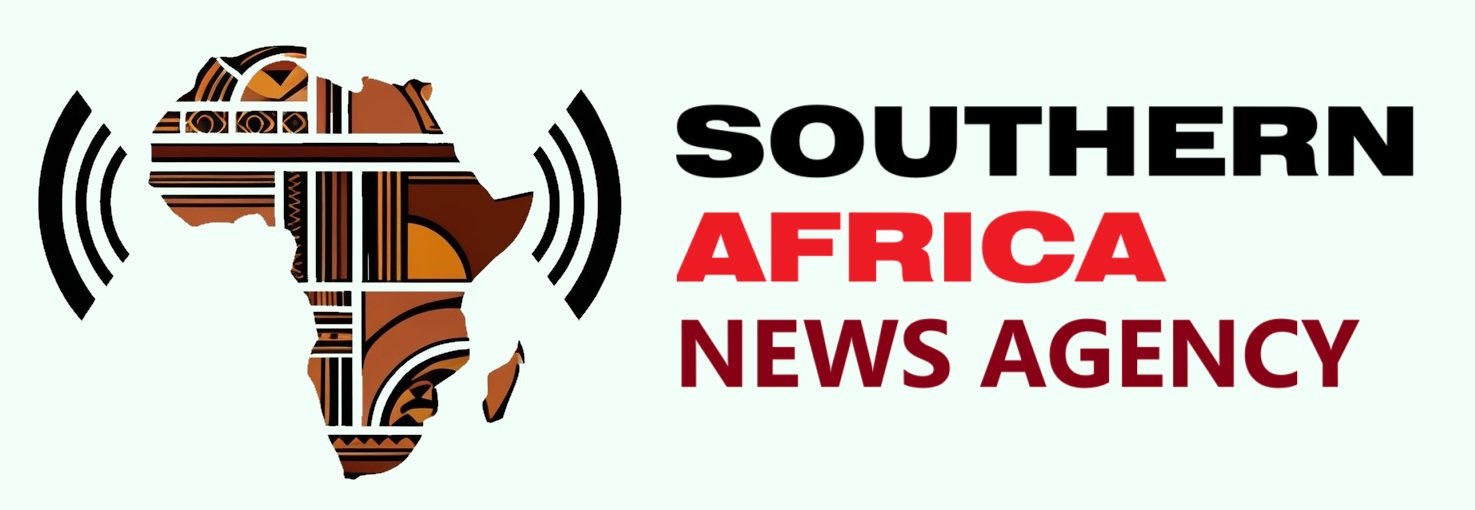Zimbabwe’s agricultural sector is in disaster amid meals safety issues: Report – Nehanda Radio
A current report by the Portfolio Committee on Lands, Agriculture, Water, Fisheries, and Rural Development has make clear the dire state of meals safety in Zimbabwe, with the agricultural sector needing an enormous transformation from the present disaster.
The report, offered to the House of Assembly this week, has highlighted the devastating influence of the El Niño-induced drought on the nation’s agricultural sector and the following meals insecurity disaster.
The committee’s inquiry revealed that the drought had a extreme influence on crop manufacturing, with Silo Food Industries, a serious meals processing firm, receiving solely a fraction of its month-to-month maize goal from the Grain Marketing Board (GMB).
The report famous that the agricultural sector in Zimbabwe is over-reliant on rain-fed agriculture, making it extremely susceptible to climate-related shocks.
The report has recognized a number of structural points which have lengthy plagued the agricultural sector, together with land tenure safety, entry to inputs, and local weather vulnerability.

The Committee additionally famous that the shortage of funding in irrigation infrastructure and water harvesting methods has worsened the influence of the drought, leaving many farmers with out different sources of water for his or her crops.
The report additionally highlighted the constraints of the federal government’s response to the meals safety disaster.
The Committee famous that the federal government’s reliance on the non-public sector for maize provide has led to a decline within the total maize provide accessible for distribution by way of the GMB.
The report additionally raised issues in regards to the importation of genetically modified organisms (GMOs) by the Grain Millers Association of Zimbabwe (GMAZ), emphasising the necessity for correct labelling, traceability, and segregation of GMO merchandise.
In gentle of those findings, the committee has made a number of suggestions to handle the meals safety disaster. These embody:
Developing a complete plan to strengthen meals safety.
The committee advisable that the federal government develop a complete plan to strengthen the nation’s meals safety by the tip of 2024.
Improving the operations and effectivity of the Grain Marketing Board (GMB).
The committee additional advisable that the federal government opinions and streamlines the operations of the GMB, addressing points similar to delayed farmer funds and sophisticated bureaucratic processes.
Strengthening regulation and oversight of GMO imports.
The committee advisable that the federal government implement strong laws and oversight mechanisms to make sure the correct labelling, traceability, and segregation of GMO merchandise supposed for human consumption.
Investing in irrigation infrastructure.
The committee additionally advisable that the federal government develop a complete irrigation improvement plan and allocate adequate funds for irrigation infrastructure improvement within the 2025-2026 funds.




